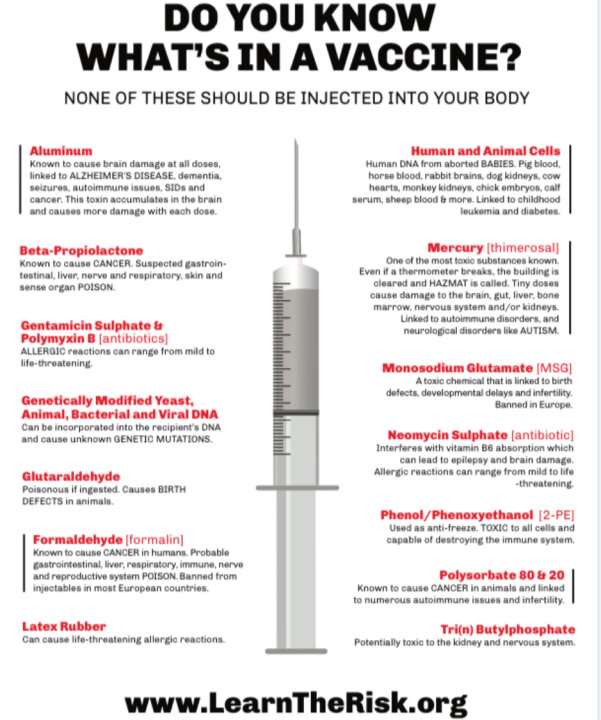J&J COVID-19 vaccine is 72% effective in the U.S., 66% in overall trial
Johnson & Johnson on Friday said its single-dose vaccine was 72 percent effective in preventing COVID-19 in the United States but a lower rate of 66 percent was observed globally in the large trial conducted across three continents and against multiple variants.
In the trial of nearly 44,000 volunteers, the level of protection against moderate and severe COVID-19 was 66 percent in Latin America and just 57 percent in South Africa, where a particularly worrying variant of the novel coronavirus is circulating.
Those results compare to the high bar set by two authorized vaccines from Pfizer Inc./BioNTech SE and Moderna Inc., which were around 95 percent effective in preventing symptomatic illness in pivotal trials when given in two doses.
Those trials, however, were conducted mainly in the United States and before the broad spread of new variants now under the spotlight. J&J's main study goal was the prevention of moderate to severe COVID-19, and the vaccine was 85 percent effective in stopping severe disease and preventing hospitalization across all geographies and against multiple variants 28 days after immunization.
That level of prevention "will potentially protect hundreds of millions of people from serious and fatal outcomes of COVID-19," Dr. Paul Stoffels, J&J's chief scientific officer, said in a statement.
The company plans to seek emergency use authorization from the U.S. Food and Drug Administration next week. Public health officials have been counting on the J&J vaccine to increase much-needed supply and simplify the U.S. immunization campaign.
Unlike the Pfizer/BioNTech and Moderna vaccines, J&J's does not require a second shot weeks after the first or need to be kept frozen, making it a strong candidate for use in parts of the world with weak transportation infrastructure and insufficient cold storage facilities.
In the trial of nearly 44,000 volunteers, the level of protection against moderate and severe COVID-19 was 66 percent in Latin America and just 57 percent in South Africa, where a particularly worrying variant of the novel coronavirus is circulating.
Those results compare to the high bar set by two authorized vaccines from Pfizer Inc./BioNTech SE and Moderna Inc., which were around 95 percent effective in preventing symptomatic illness in pivotal trials when given in two doses.
Those trials, however, were conducted mainly in the United States and before the broad spread of new variants now under the spotlight. J&J's main study goal was the prevention of moderate to severe COVID-19, and the vaccine was 85 percent effective in stopping severe disease and preventing hospitalization across all geographies and against multiple variants 28 days after immunization.
That level of prevention "will potentially protect hundreds of millions of people from serious and fatal outcomes of COVID-19," Dr. Paul Stoffels, J&J's chief scientific officer, said in a statement.
The company plans to seek emergency use authorization from the U.S. Food and Drug Administration next week. Public health officials have been counting on the J&J vaccine to increase much-needed supply and simplify the U.S. immunization campaign.
Unlike the Pfizer/BioNTech and Moderna vaccines, J&J's does not require a second shot weeks after the first or need to be kept frozen, making it a strong candidate for use in parts of the world with weak transportation infrastructure and insufficient cold storage facilities.




